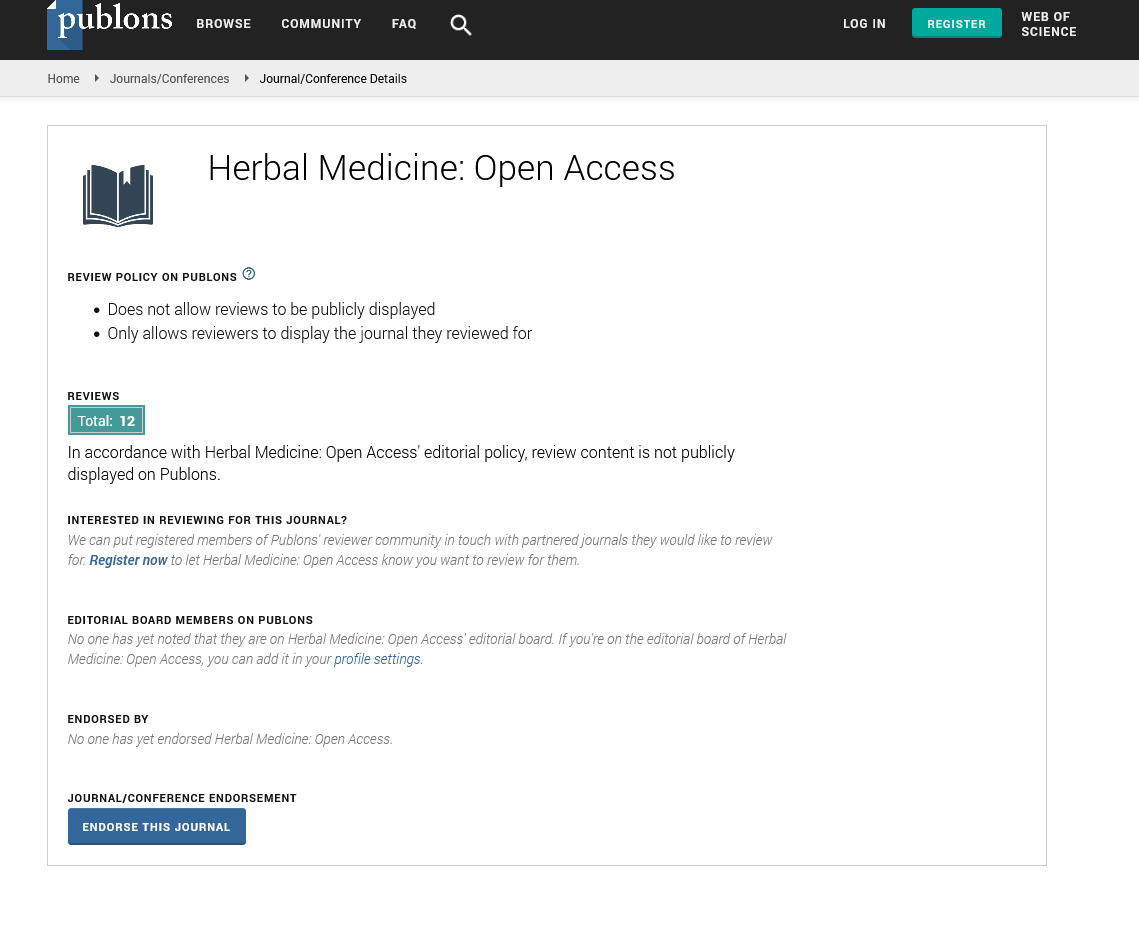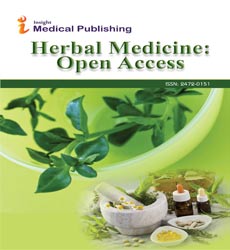Abstract
The Use of Medicinal Mushroom or Herb as Effective Immunomodulatory Agent
Background: Medicinal mushrooms are mushrooms used with the aim for health enhancement. They have been used in traditional Chinese medicine (TCM) for thousands of years. These mushrooms and some herbal medicines have gain in popularity in recent times, largely due to a growing number of scientific studies that suggest their potential medical benefits. They are found to exert immunomodulatory effects through changes in the quantity of some specific cytokines in blood; as well as numbers and activities of distinct immune cell subsets. This article summarizes the immunomodulatory effects of two commonly consumed medicinal mushrooms (Coriolus versicolor and Ganoderma lucidum) and also three herbal medicines that have been categorized as immunomodulatory in function (Cordyceps sinensis, Astragalus membranaceus and Eleutherococcus senticosus).
Methods: A systematic search of published articles of clinical trial studies between 1985 and August 2015 was conducted in four electronic databases (EMBASE, PubMed, Scopus and Web of Science). The outcome measures included changes in the serum cytokines secretion and the number and functional activity of different immune cell populations.
Results: After a thorough literature searching of 237 relevant articles, 15 were included. Coriolus versicolor and Ganoderma lucidum showed immunomodulatory effects in both innate and adaptive immunity arms. There are only very few studies in each mushroom or herb, and unequivocal conclusions cannot be drawn. Future larger trials of randomized and placebo controlled clinical studies with laboratory investigation of changes of multiple immune populations and their subsets are needed in consistent with an evidence-based medicine approach.
Author(s):
James Ng W, William Cho C and Daniel Sze MY
Abstract | Full-Text | PDF
Share this

Google scholar citation report
Citations : 271
Herbal Medicine: Open Access received 271 citations as per google scholar report
Herbal Medicine: Open Access peer review process verified at publons
Abstracted/Indexed in
- Google Scholar
- JournalTOCs
- China National Knowledge Infrastructure (CNKI)
- Directory of Research Journal Indexing (DRJI)
- WorldCat
- Publons
- Secret Search Engine Labs
- Zenodo
Open Access Journals
- Aquaculture & Veterinary Science
- Chemistry & Chemical Sciences
- Clinical Sciences
- Engineering
- General Science
- Genetics & Molecular Biology
- Health Care & Nursing
- Immunology & Microbiology
- Materials Science
- Mathematics & Physics
- Medical Sciences
- Neurology & Psychiatry
- Oncology & Cancer Science
- Pharmaceutical Sciences


